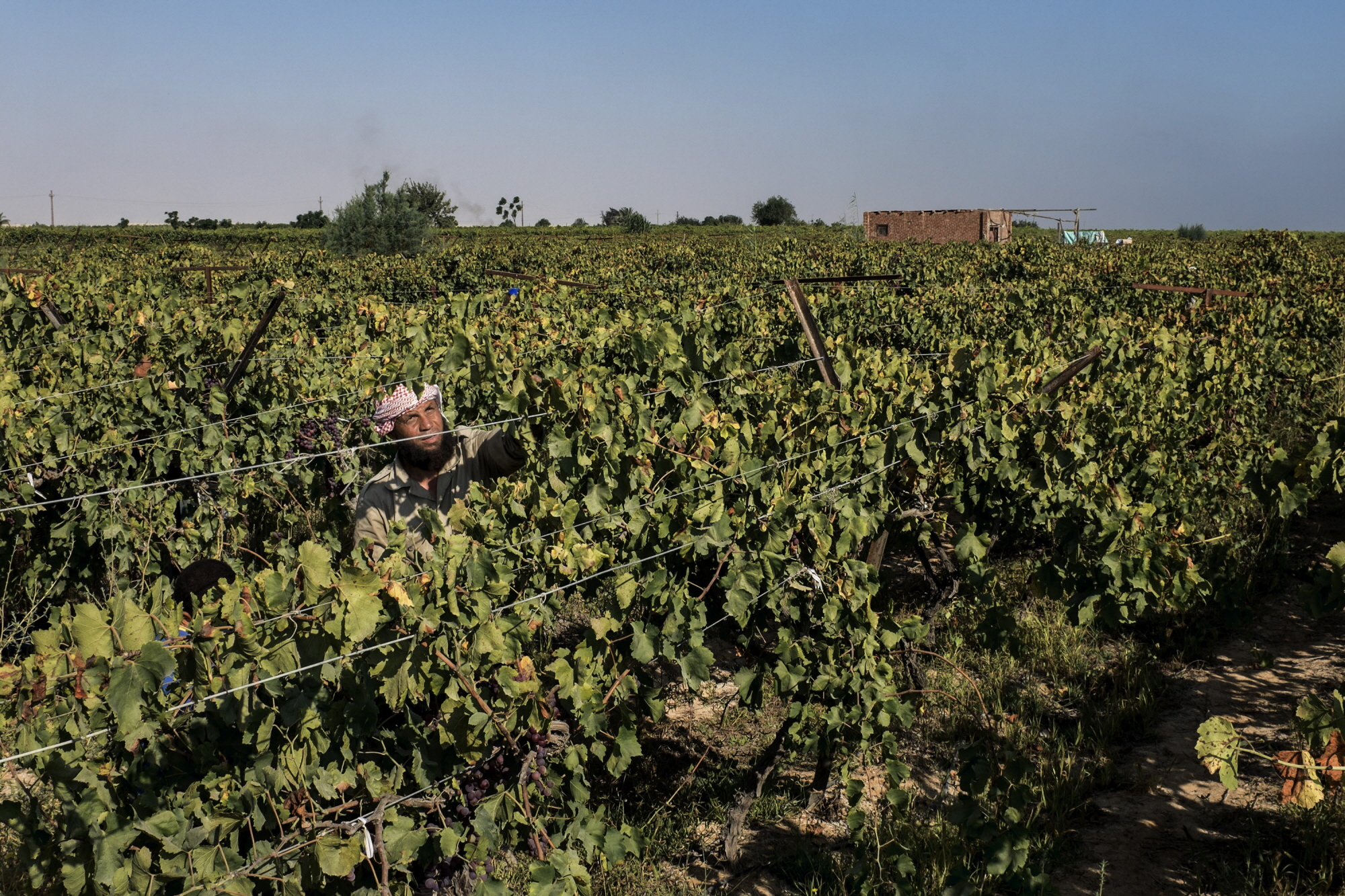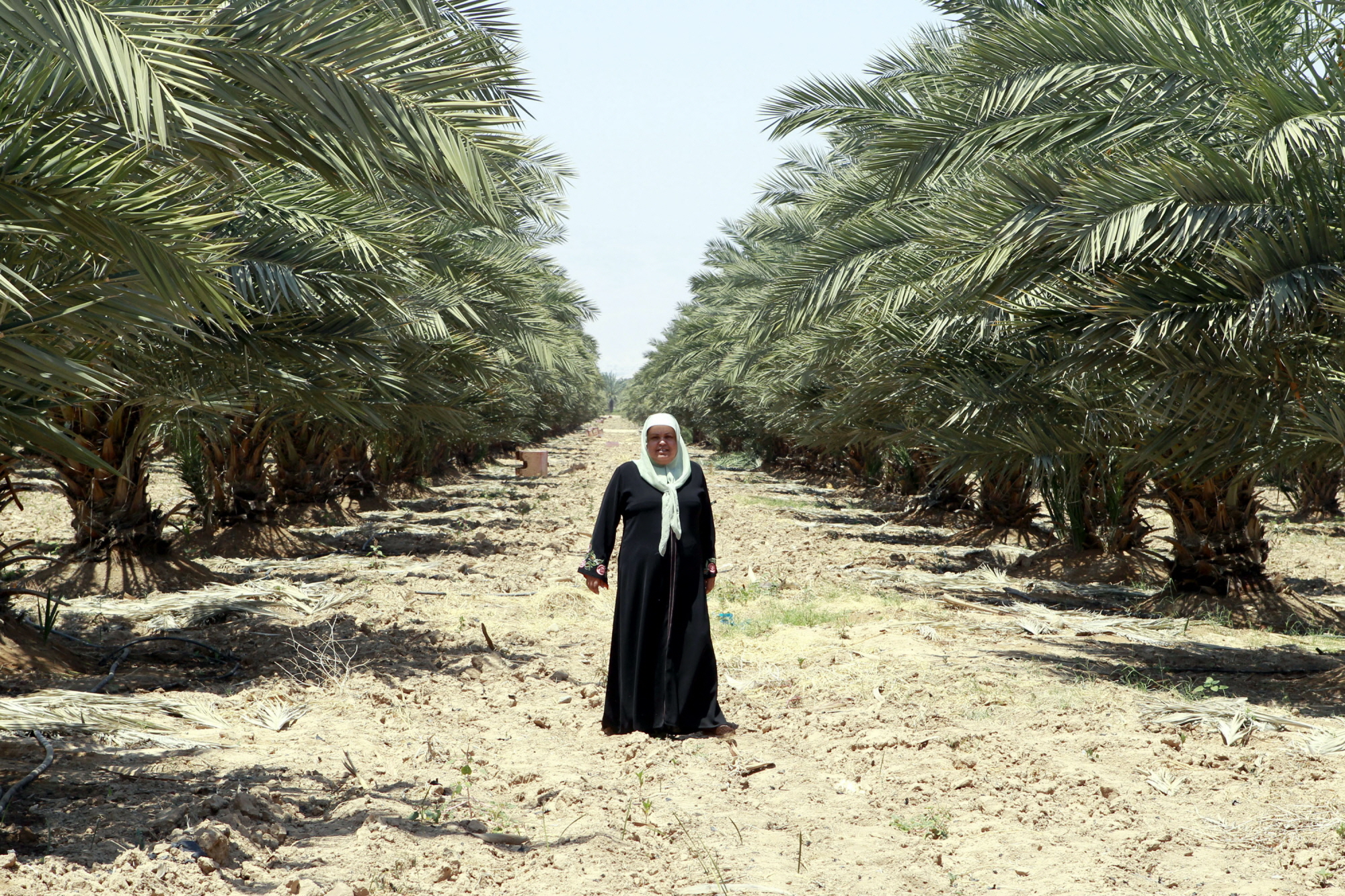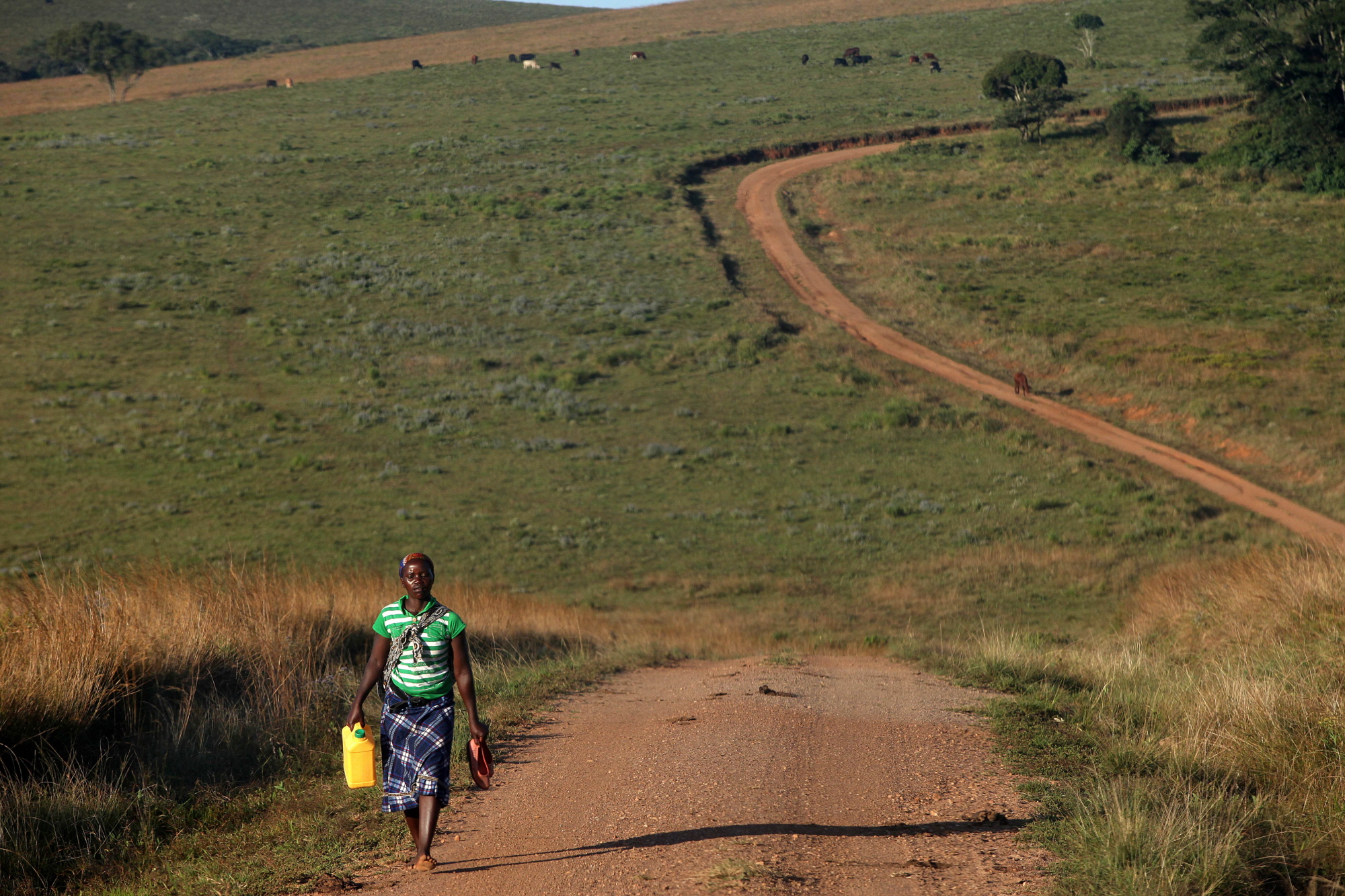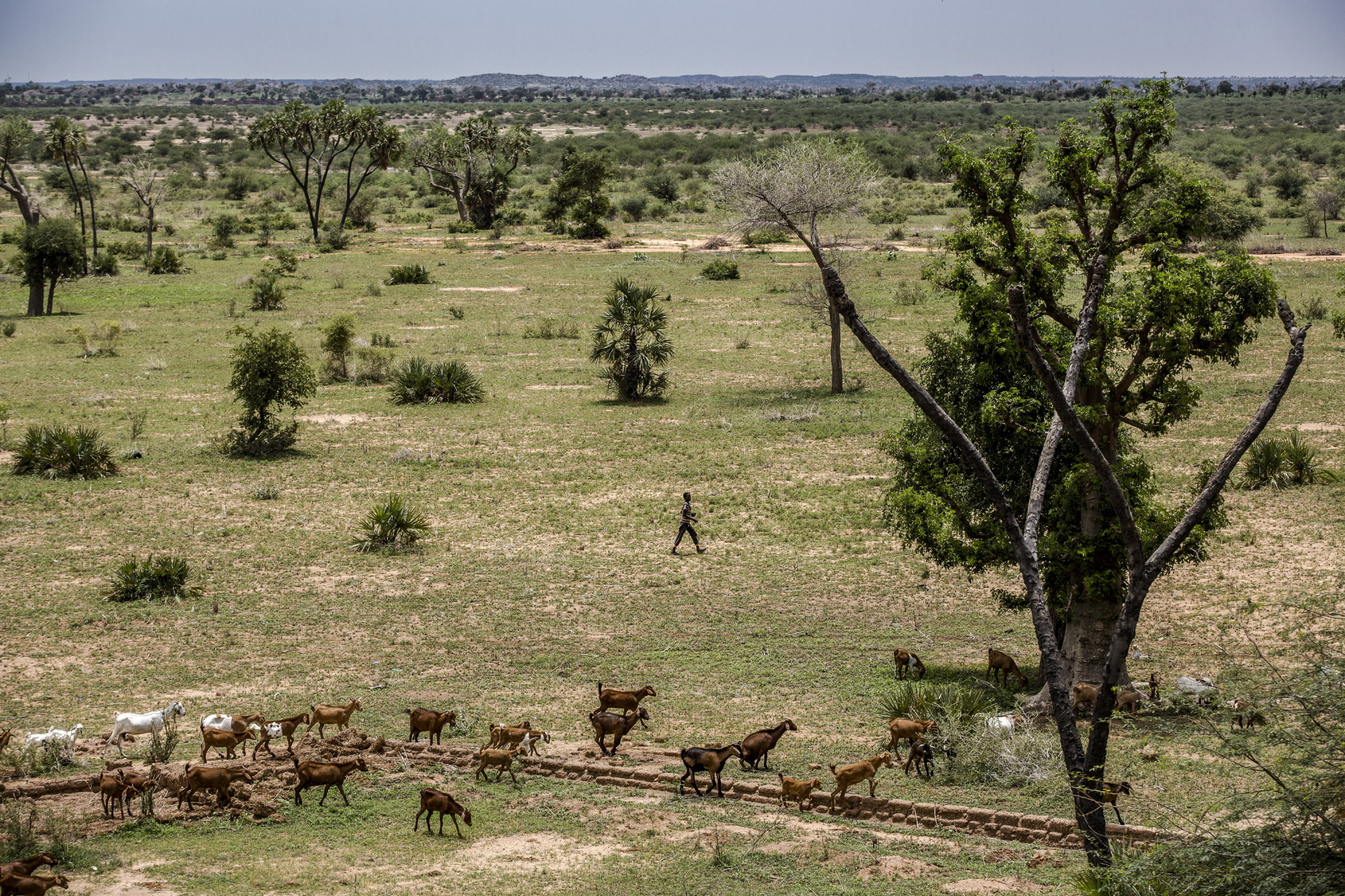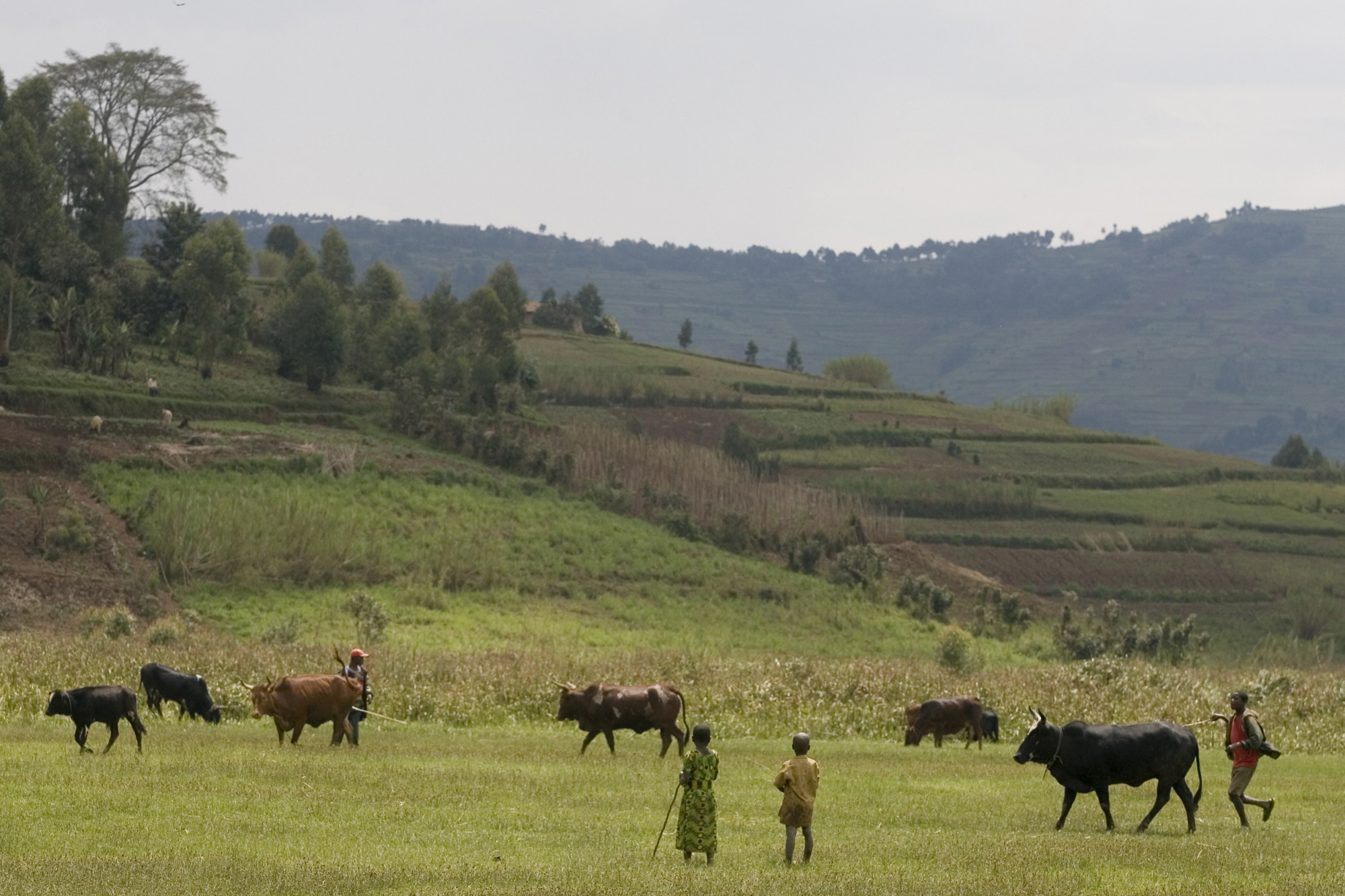Food system transformation is needed to address the hundreds of millions of people without adequate access to food or water for a healthy life. Nutrition and malnutrition are closely linked to water for food, sanitation and hygiene. With 30 percent of the world’s population living in water-stressed environments, the impacts of water scarcity and malnutrition are expected to affect half of the world’s population, and there is a need of a strategy to assist farmers to efficiently produce staples for basic food security while, at the same time, increasing the production of high-value and nutrient-dense crops. Efforts to enhance water productivity can and must be linked to the improvement of dietary quality and diversity through interlinked interventions.
On the ground
The project aims at strengthening the capacities of smallholder farmers for the adoption of sustainable water management and nutrition-sensitive agriculture practices and is implemented in Benin, Egypt, Jordan, Mozambique, Niger and Rwanda.
Key Publications
 Water productivity, the yield gap, and nutrition. The case of Ethiopia.
Water productivity, the yield gap, and nutrition. The case of Ethiopia.
The report uses a nutritional water productivity (NWP) framework to interpret the relationship between nutrition and water in the context of water challenges.
 Accounting for livestock water productivity: How and why?
Accounting for livestock water productivity: How and why?
The assessment of water productivity in livestock supply chains has a critical role to play in developing productive and sustainable food production systems worldwide.
Upcoming events
Related links
- The Global Framework on Water Scarcity in Agriculture (WASAG)
- The Global Soils Partnership
- FAO Land and Water
- FAO Food and Nutrition
- FAO Plant Protection and Production
See also
Contact
Paulo Dias
Project Manager
[email protected]


